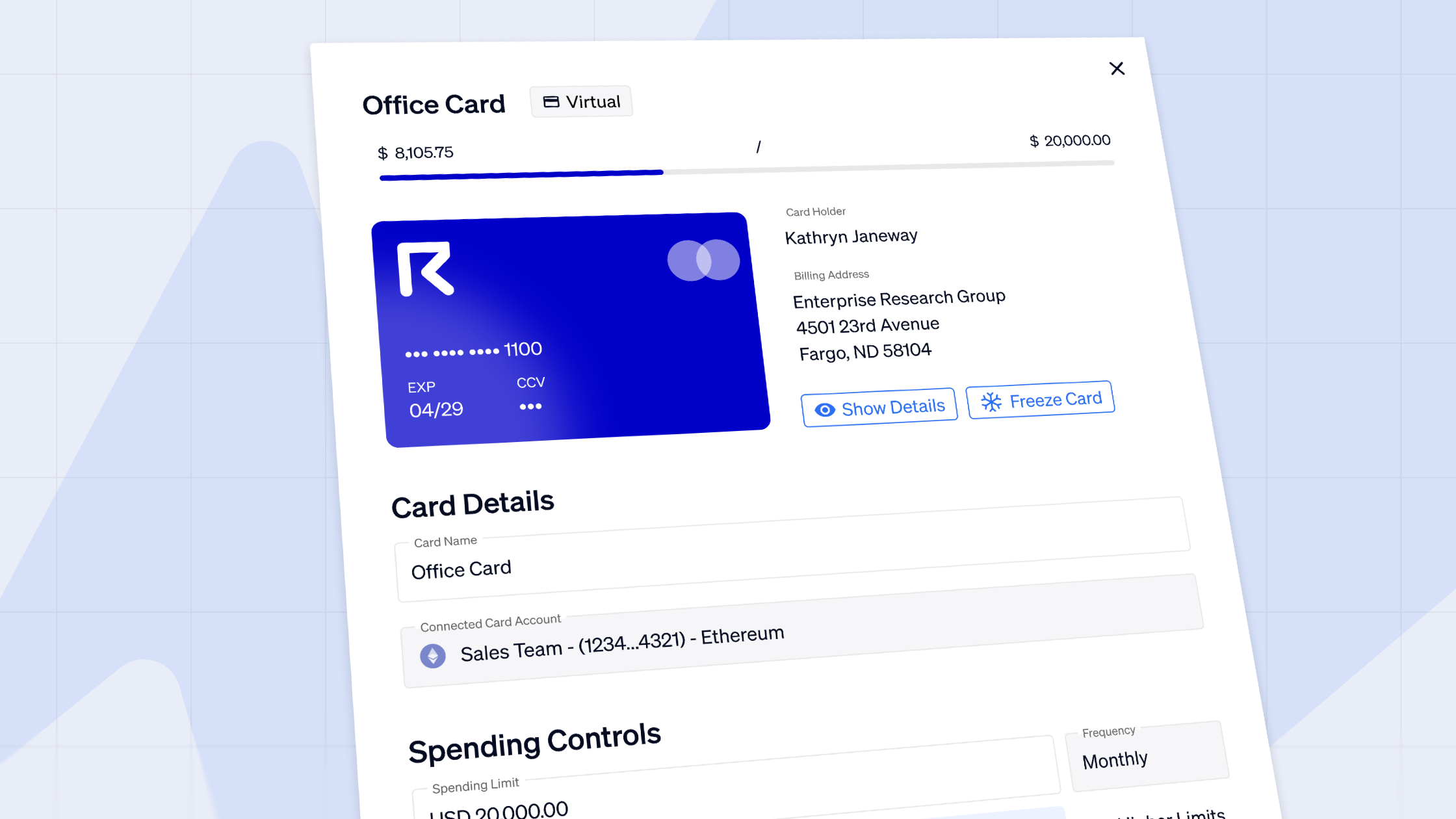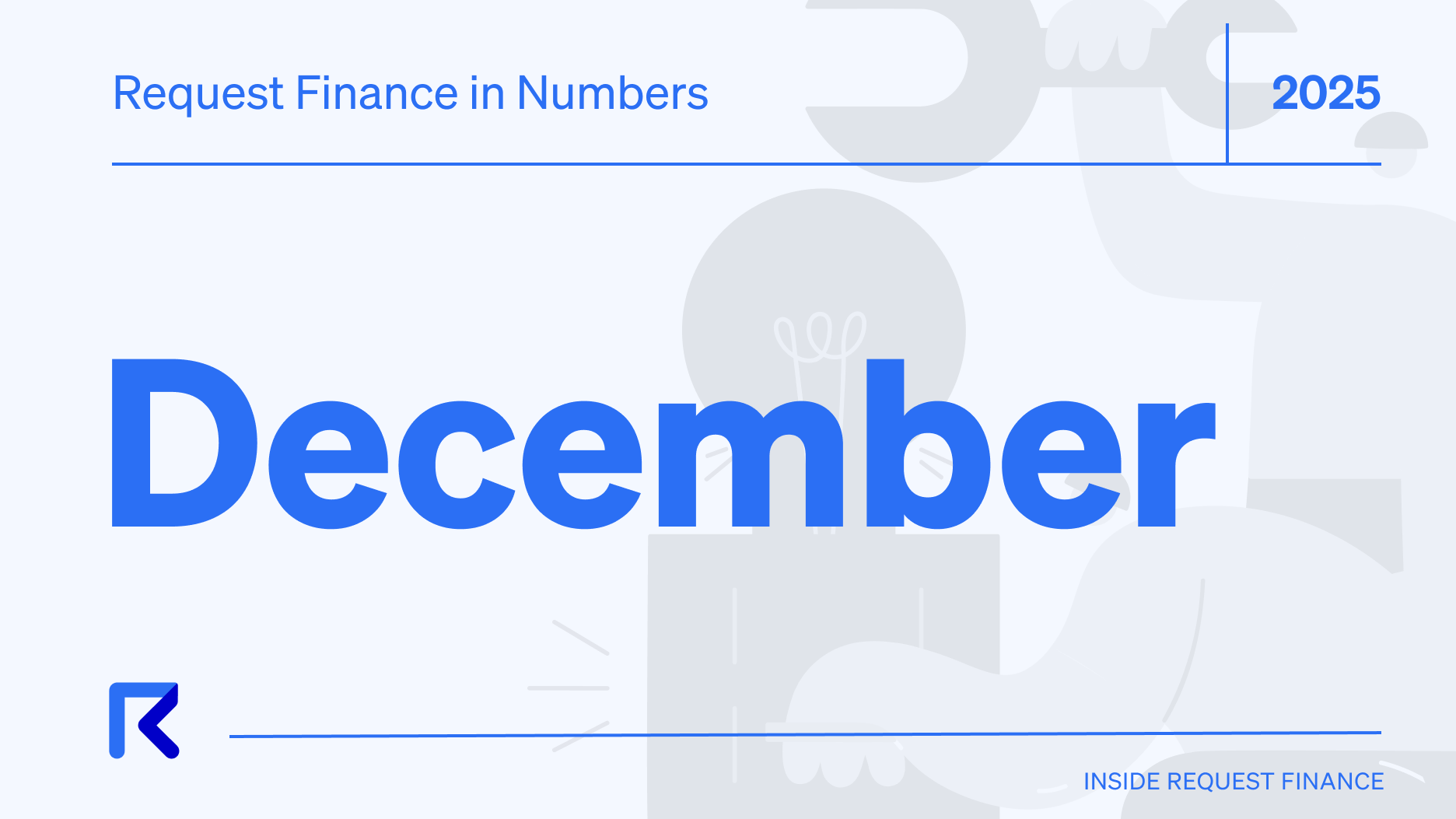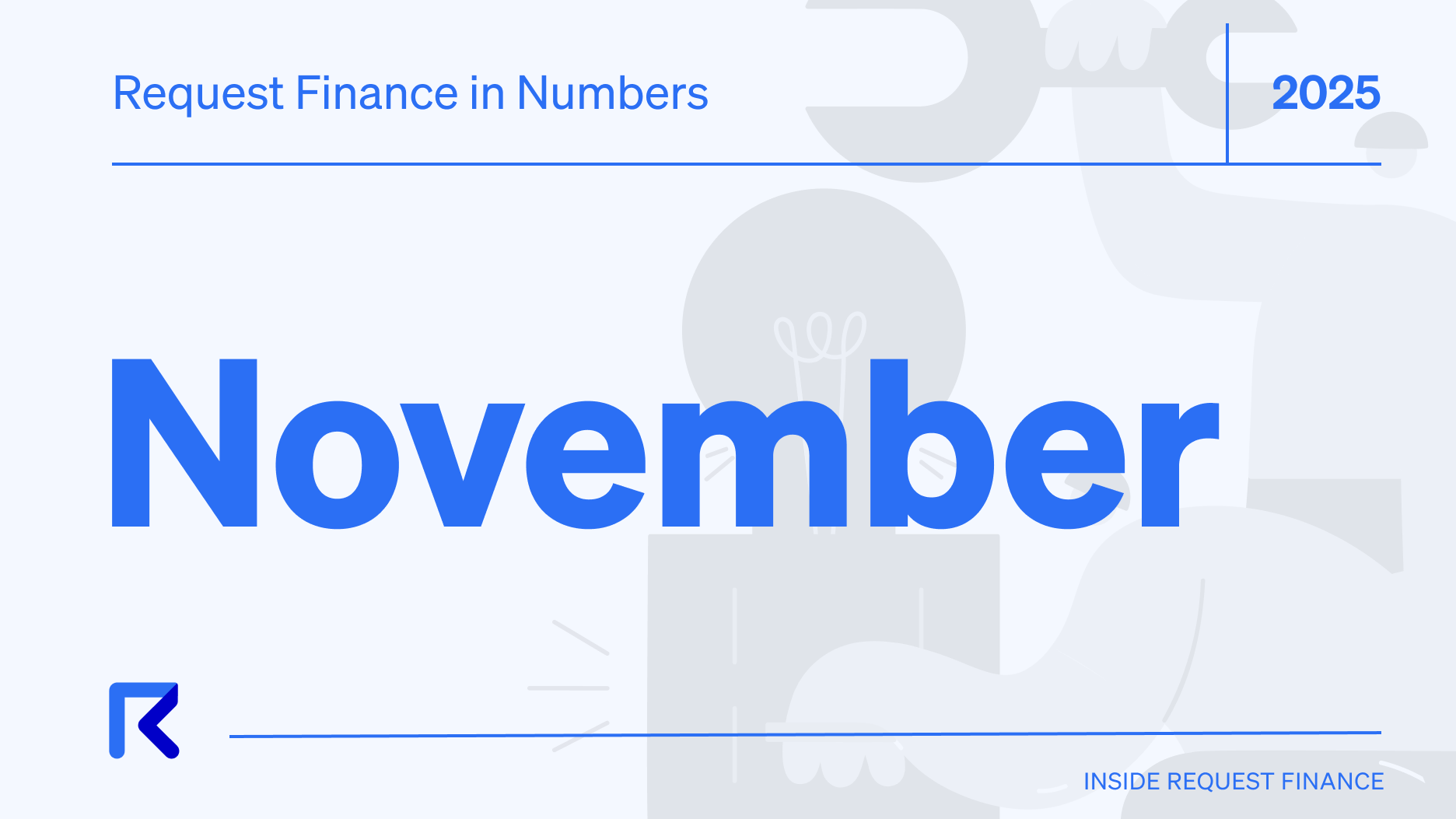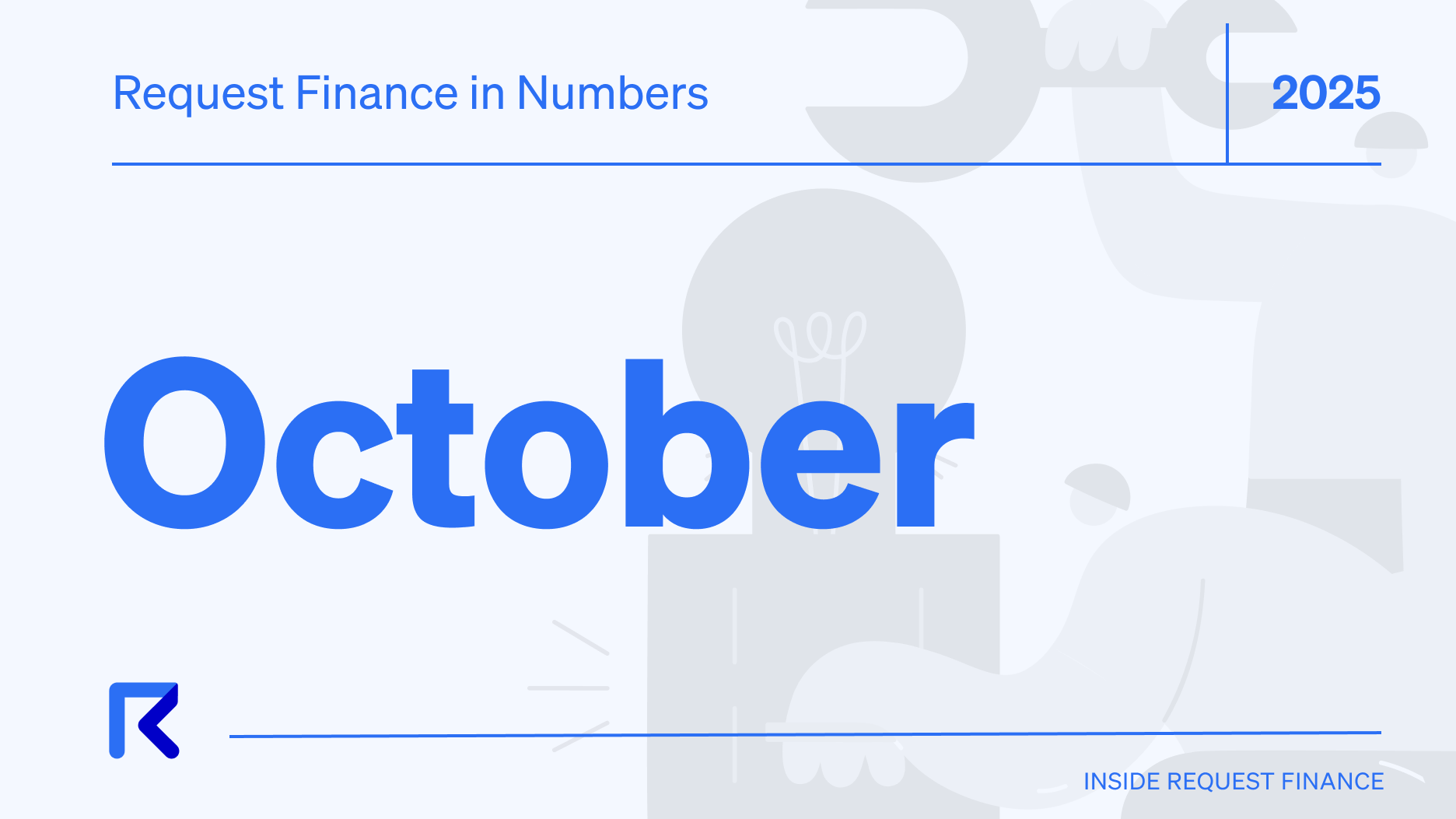Request Partners with Aleph.im, Expanding Decentralized Storage of Invoicing Data On The Blockchain
Aleph.im partners with Request Network to Expand Their Decentralized Storage of Invoicing Data On The Blockchain.

Aleph.im, a cross-blockchain decentralized storage and computing network, announced today their partnership with Request Network, the invoicing technology for DeFi, DAOs and Crypto-first companies. Aleph.im offers a bridge between Request’s dedicated IPFS network and the IPFS public network where invoicing and transaction data can be stored as backup on their infrastructure, adding more resiliency and decentralization to the Request network.
Notable companies in the crypto industry including Maker, Gnosis, Aave, Ocean and Near foundation use Request Network to manage their financial flows, especially inbound and outbound payments. Request powers DeFi ecosystem transactions. From contractors to smart contract auditors or grant applicants, every single supplier is using Request to submit their invoices and get paid automatically in cryptocurrency.
“We’re honored to support a leading company like Request Network in their mission to offer highly accessible and secure invoicing services,” said Jonathan Schemoul, CEO of aleph.im. “Storing this data securely, in a decentralized manner is just one example of the capabilities of aleph.im and we’re excited to explore more B2B use cases on the network.”
Aleph.im aims to power the DWeb by allowing anyone to store data without using any centralized entity. With 48 nodes and counting, including recently announced financial services provider, Delchain, aleph.im pins all data across all the nodes on its network. Thus ensuring unstoppable, censorship-resistant and highly available data storage. To this date, already 8114 files have been stored by Request Network on aleph.im.
“We prove that each invoice is unique thanks to the code. Everyone can manage and trust the data source,“ said Christophe L., Co-founder of Request. “This unlocks billion dollar use cases around invoice management and invoice financing.”
There are many benefits for leveraging blockchain technology for accounting, including but not limited to:
- - Enhanced Security: using encryption, blockchain technology ensures that no sensitive information is at risk of being leaked.
- - Improved Accessibility: encryption highly benefits data transfers, making it easy to send and receive documents inside and outside the organization.
- - Easier Auditing: a blockchain-based invoicing network does not require long audits and approbation processes; the network is designed to promote the respect of rules.
- - Reducing Silos: easy to share documents securely with partners outside of the organizations and with international offices.
Many industries will benefit from having their invoices stored on the blockchain, and this could be enhanced by smart contracts and escrow, where payment agreements are inherently coded into the invoice. This would lead to more efficient automation in warehousing, factoring, supply chain management, banking and more. Additionally, with the help of aleph.im, users’ data can be securely distributed in a more decentralized way. Request will continue to use their own IPFS and will also store data on aleph.im’s IPFS public network as a backup.
About aleph.im
Aleph.im is a distributed cloud platform that provides serverless trusted computing services, file storage and database hosting to its users. Aleph.im offers a decentralized solution that could rival traditional centralized cloud computing. It provides dApps of any chain instant access to database solutions thanks to its scalable peer-to-peer network and programming language-agnostic interface.
For more information about aleph.im visit aleph.im
Explore aleph.im personal storage dApp and the NFT & IPFS Backup dApp.
Follow aleph.im on twitter: @aleph_im
Ready to Supercharge Your Crypto Accounting?
Stop wasting time, manually creating journal entries. Automate your accounting now, and enjoy error-free reporting
Learn how to scale your company's crypto & fiat financial operations
Your financial complexities are our specialties. Schedule your free consultation today and discover how Request Finance can transform your financial operations
Simplify crypto and fiat financial operations today
Rely on a secure, hassle-free process to manage your crypto invoices, expenses, payroll & accounting.
Crypto finance tips straight to your inbox
We'll email you once a week with quality resources to help you manage crypto and fiat operations
Trending articles
Get up to date with the most read publications of the month.
Our latest articles
News, guides, tips and more content to help you handle your crypto finances.











